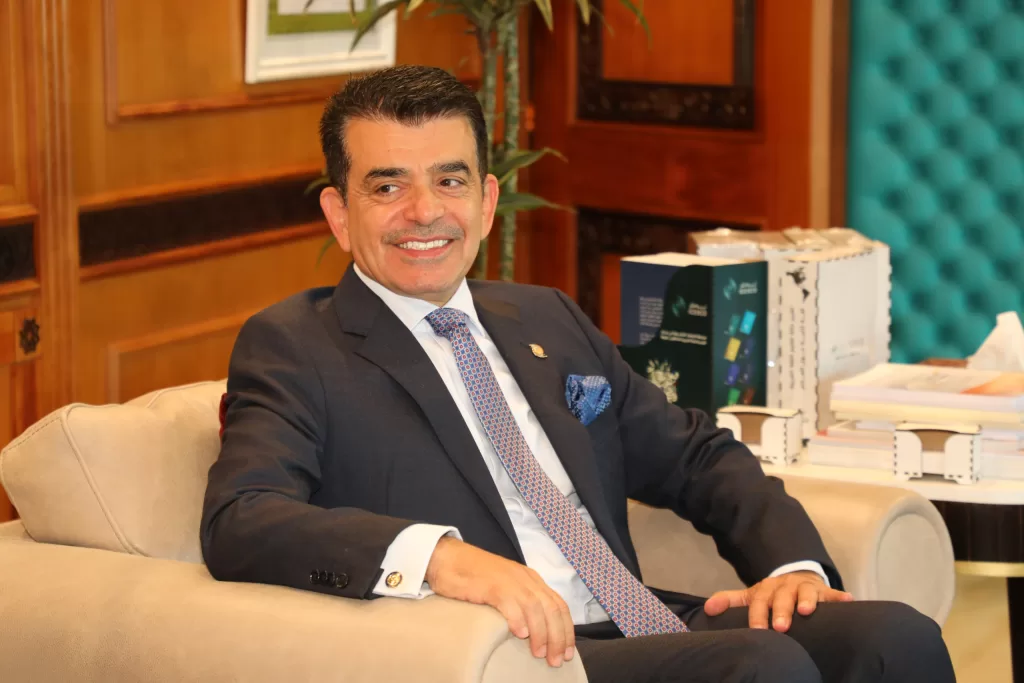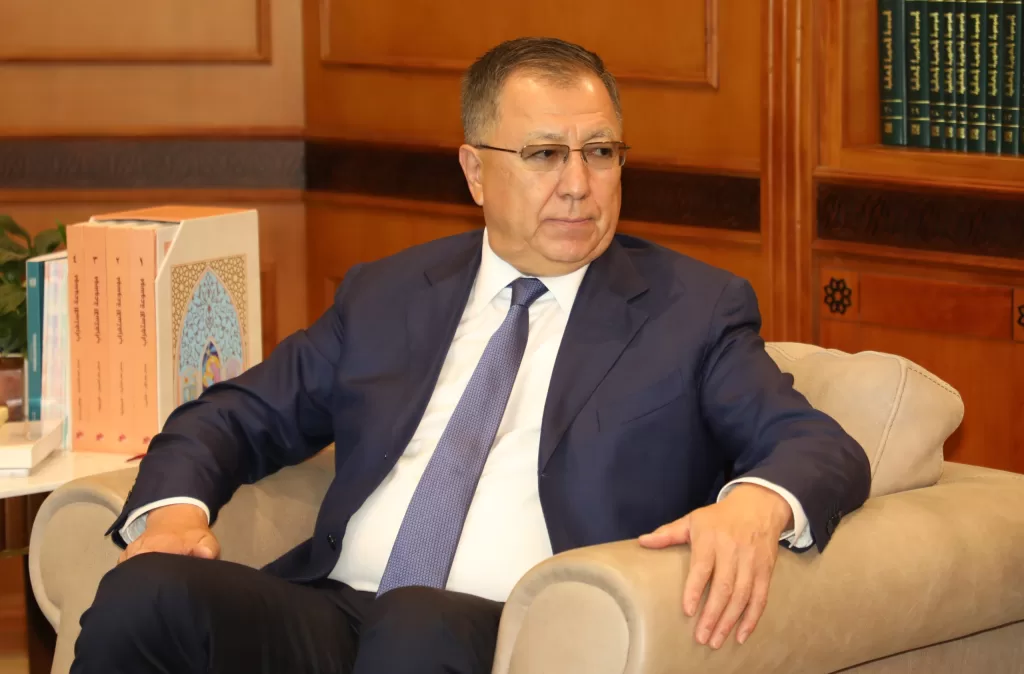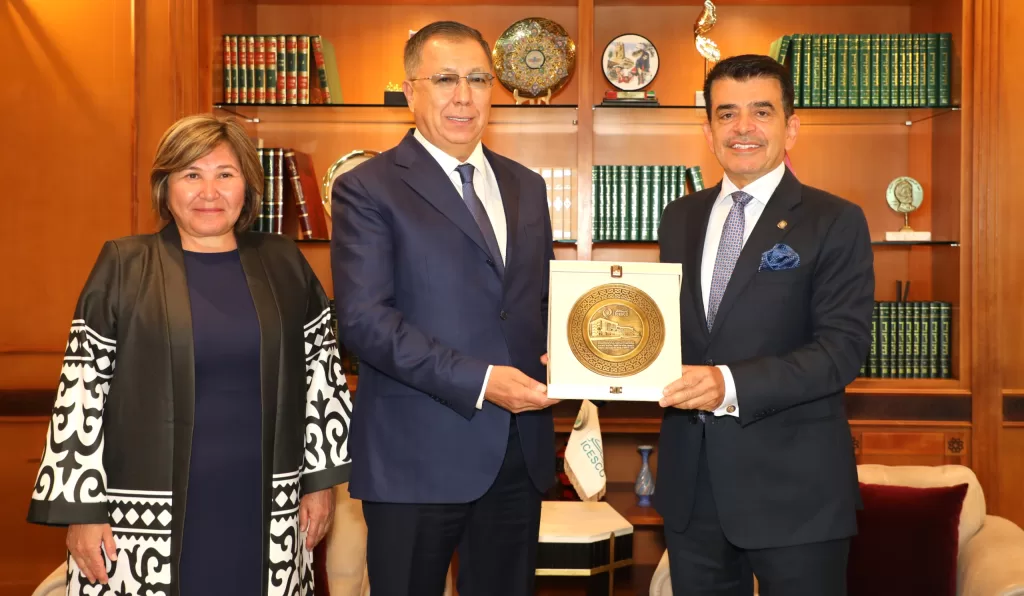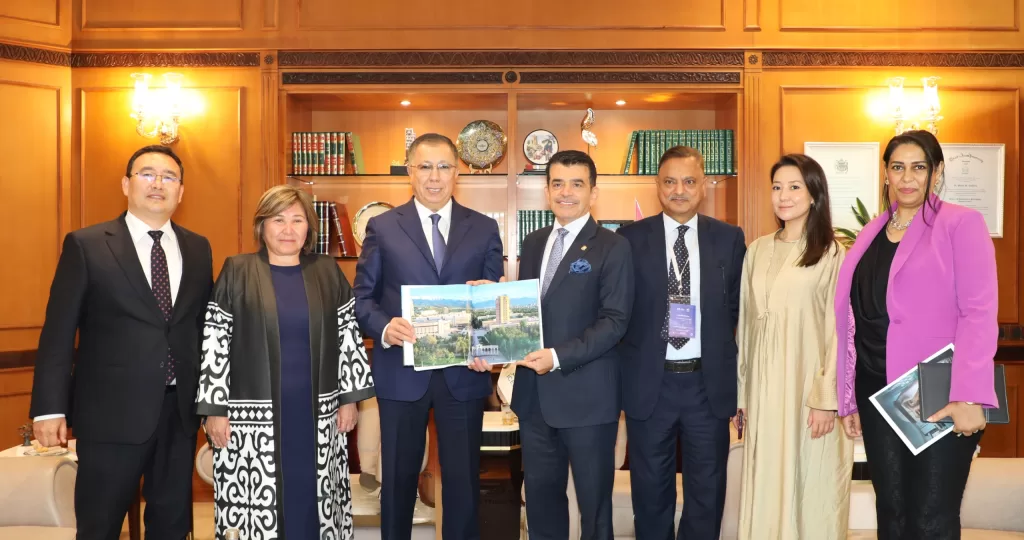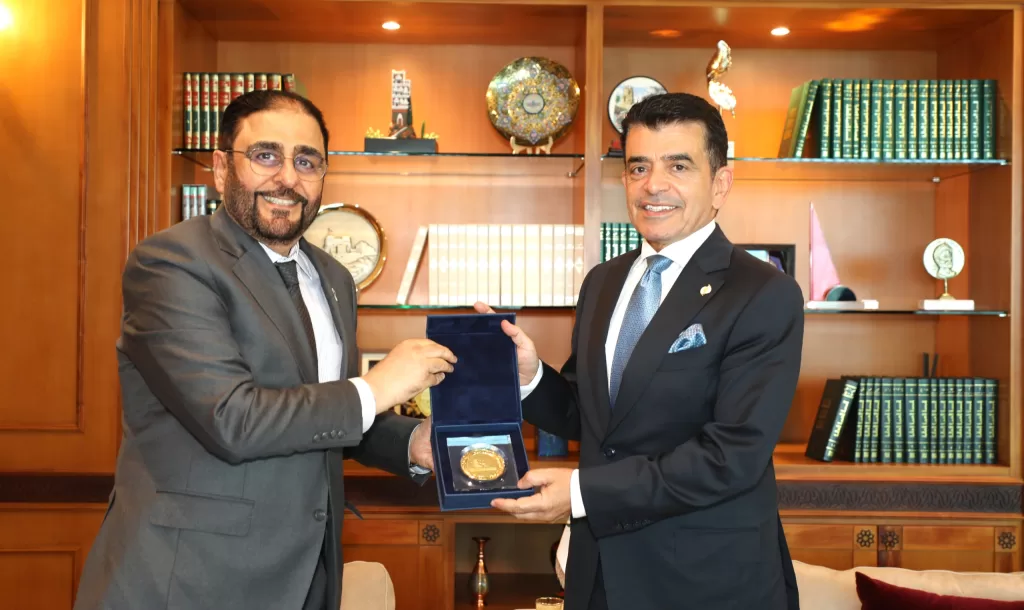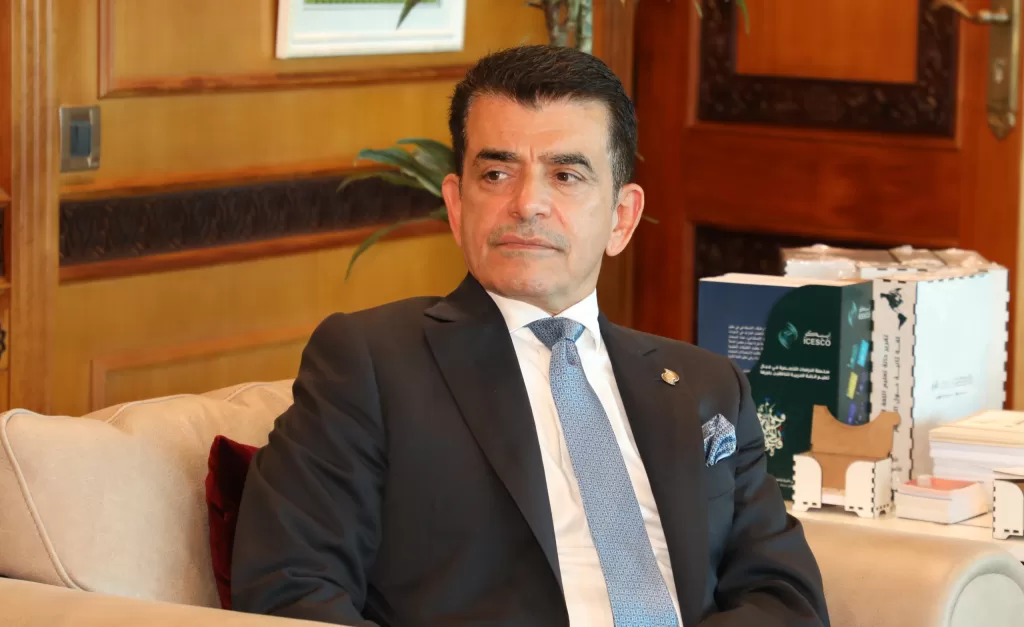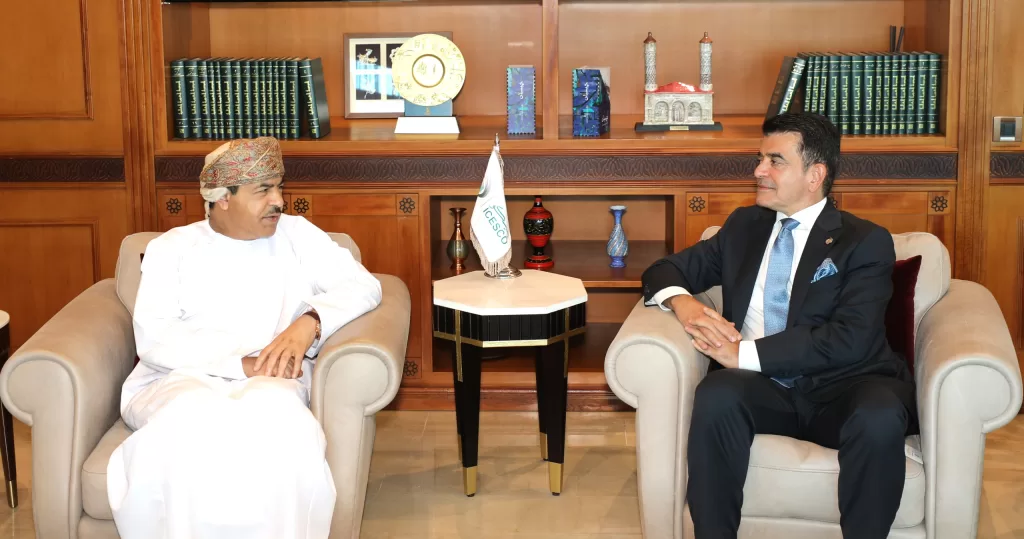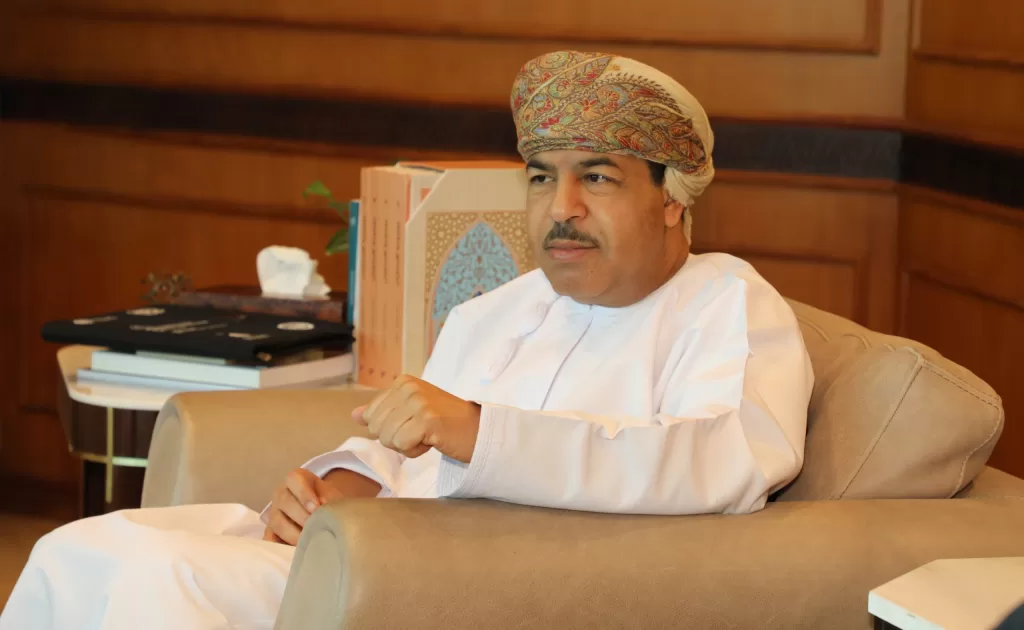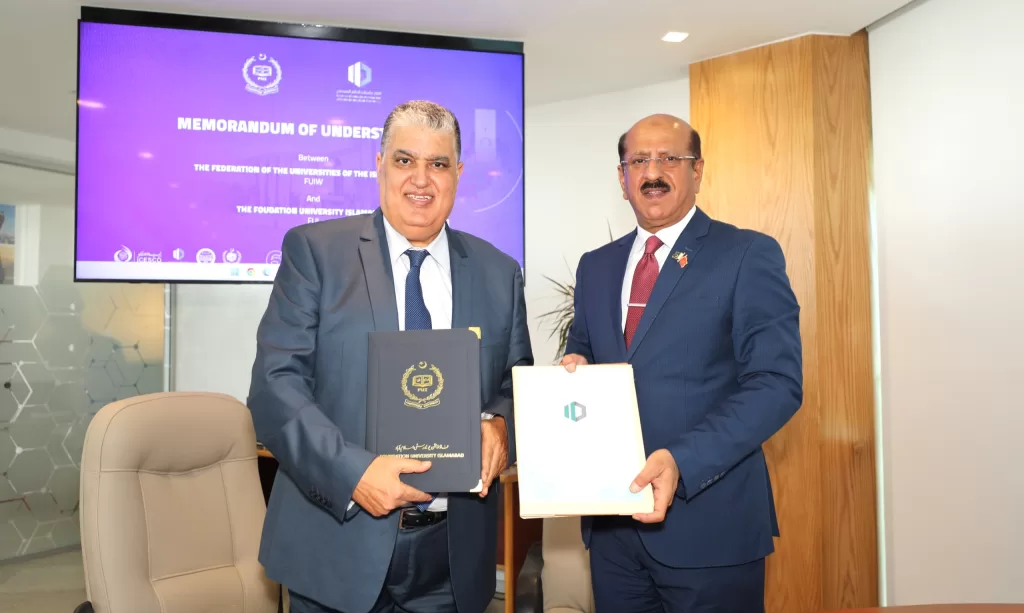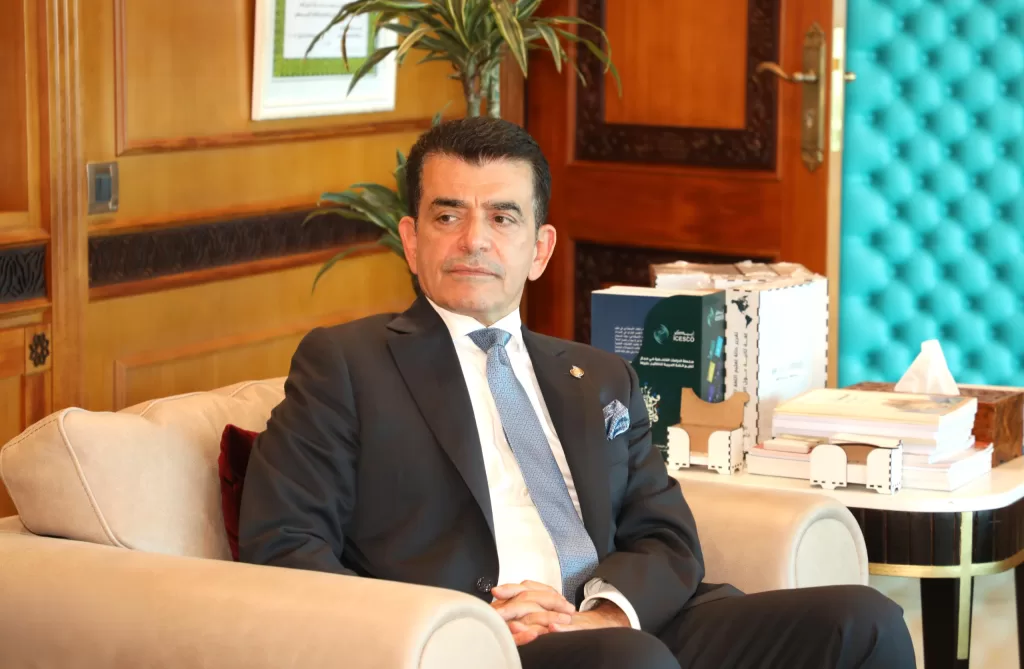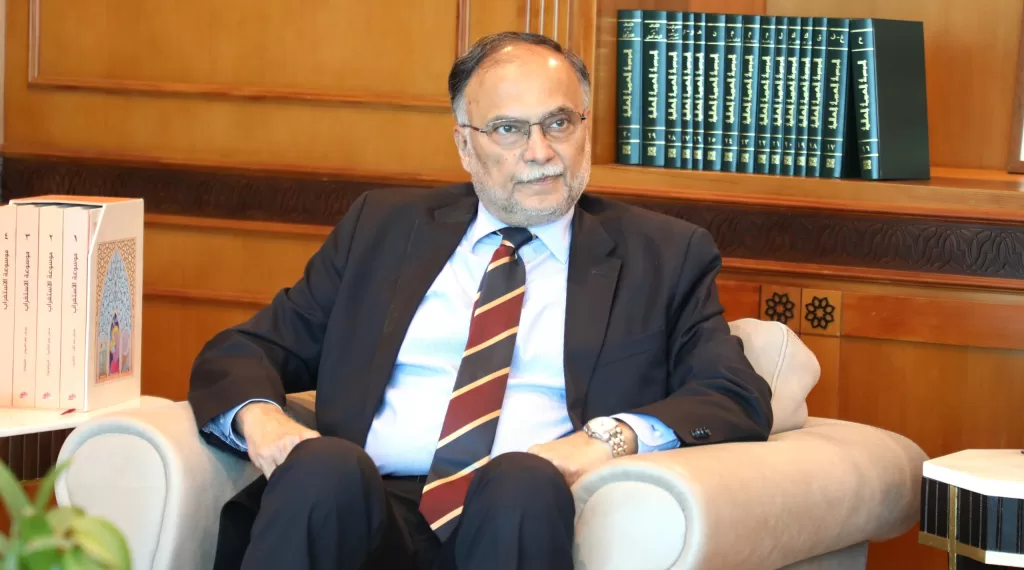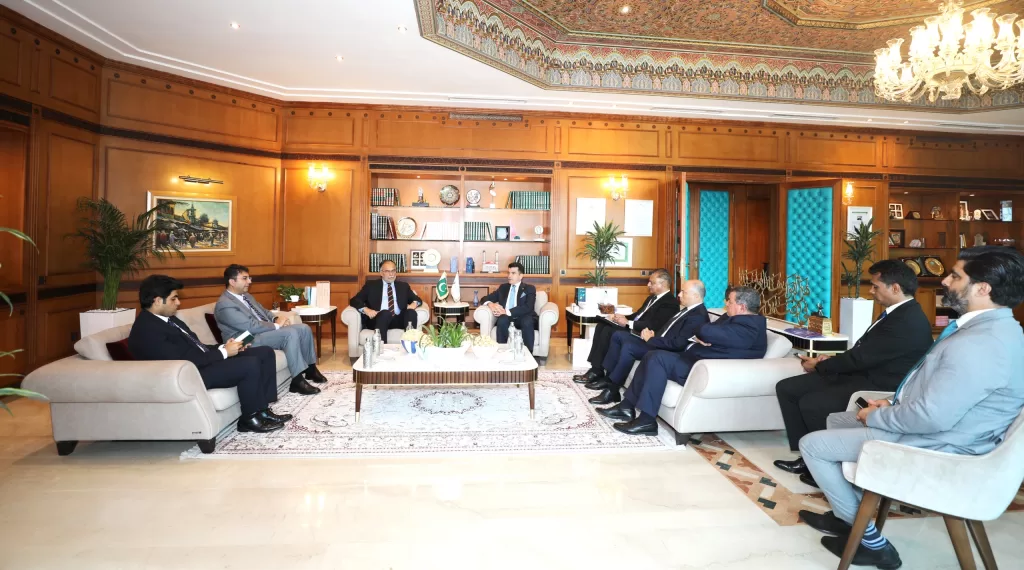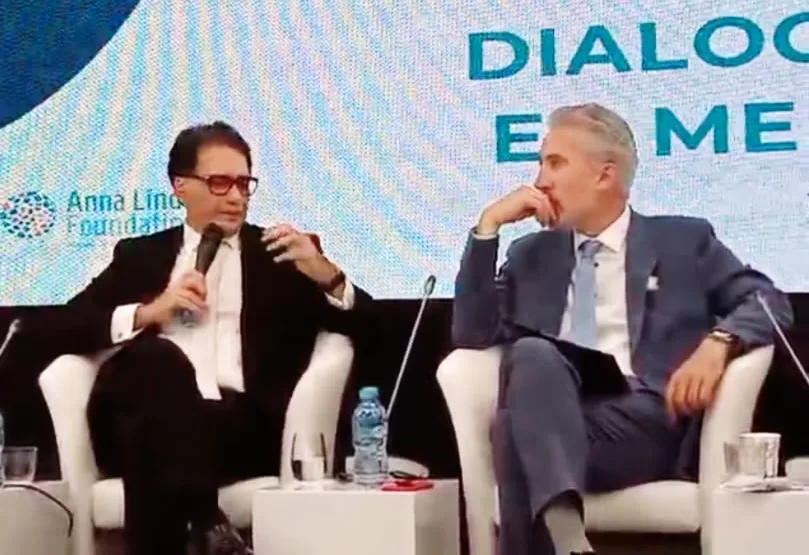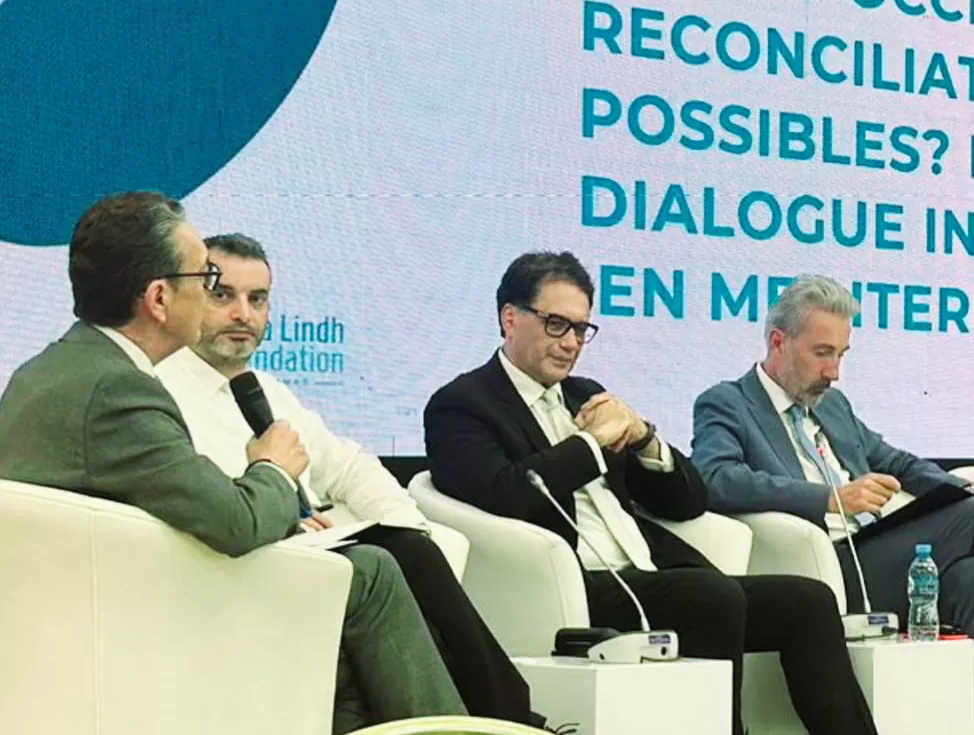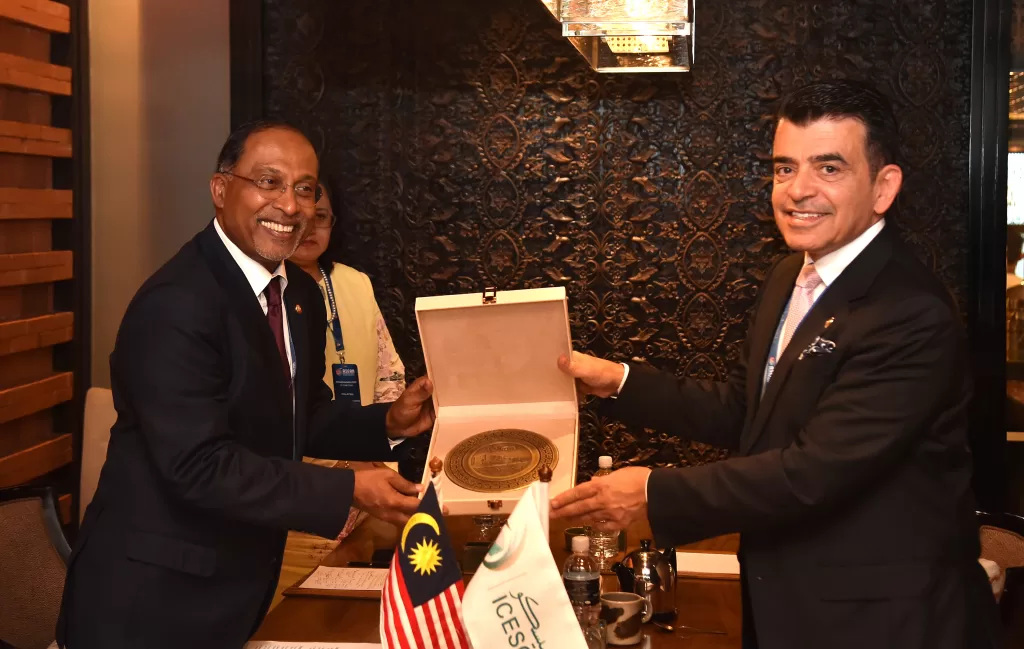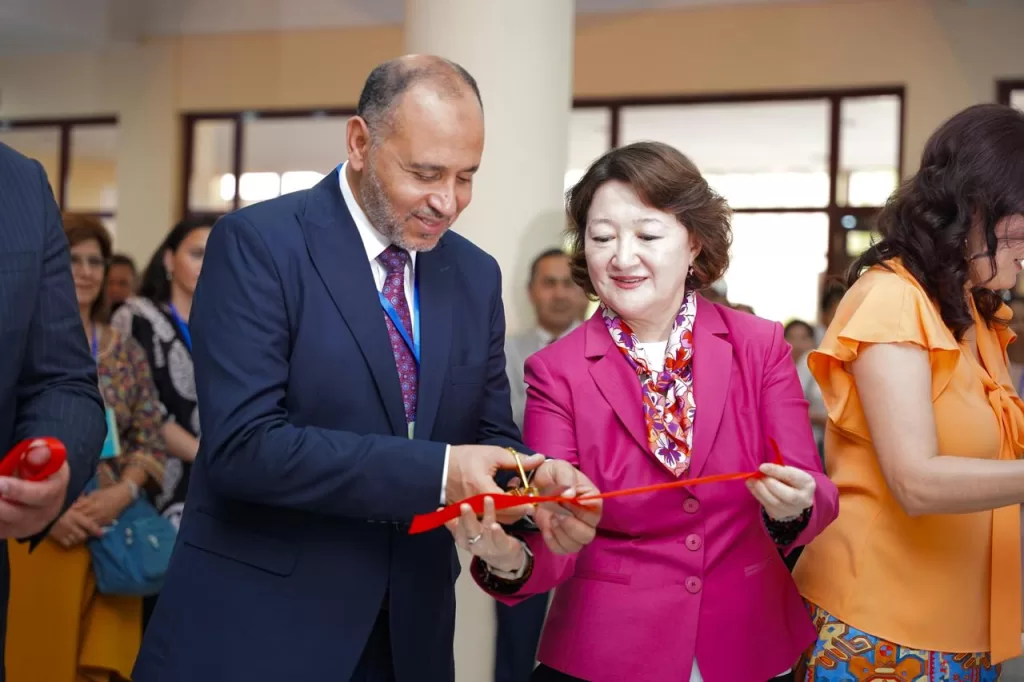On Monday, 23 June 2025, Porto-Novo, the capital of the Republic of Benin, hosted the inauguration ceremony of the ICESCO–Hamdan Bin Rashid Global Arabic Language Caravan in non-Arabic-speaking West African countries. The Caravan sets off from Benin and will continue its journey through Guinea, Côte d’Ivoire, and Senegal.
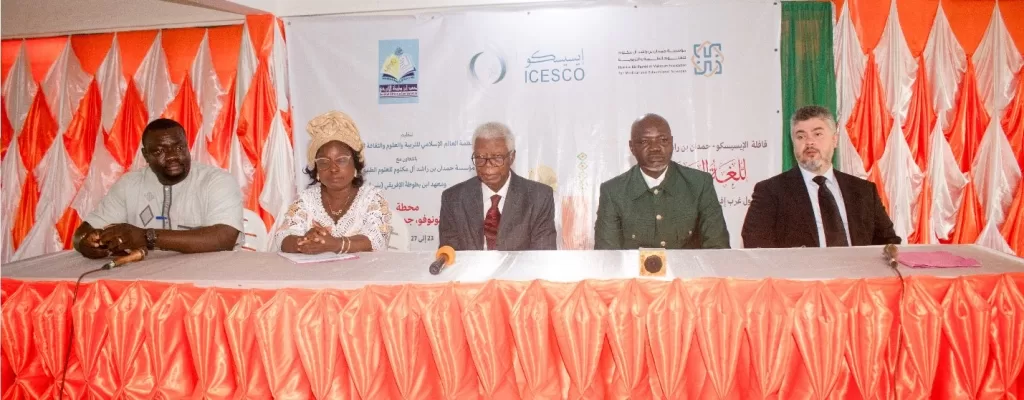
The Caravan aims to develop teachers’ language competencies and encourage the adoption of modern teaching methods that leverage digital technologies, thereby contributing to the advancement of Arabic language education programs in West Africa and strengthening the language’s presence in the region’s educational and cultural life. This initiative falls within ICESCO’s broader efforts to promote the Arabic language in multilingual African communities and to build the capacities of teachers specializing in teaching Arabic to non-Arabic speakers.
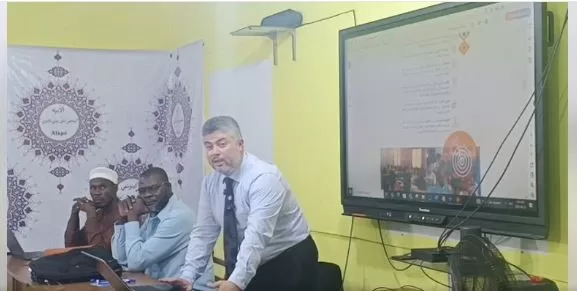
The inauguration ceremony was attended by numerous official and academic figures, including Dr. Okpeicha Abossèdé Paulette, Secretary-General of the Beninese National Commission for UNESCO and ICESCO (MEMP), along with officials from the Ministry of Education and Culture of Benin, university professors, and representatives of prominent religious, educational, and social organizations.
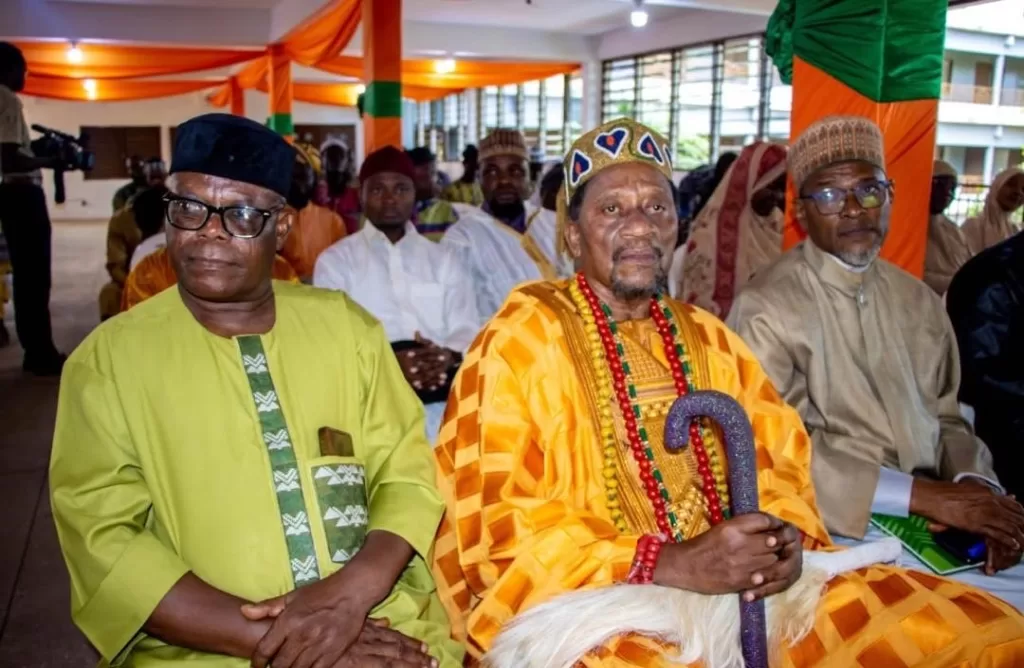
ICESCO was represented at the ceremony by Dr. Anas Hossam Said Al-Nuaimi, expert at the Center of Arabic for Non-Arabic Speakers, who is overseeing the linguistic program of the Caravan for five days, in collaboration with national expert Dr. Lassissi Bassirou.



